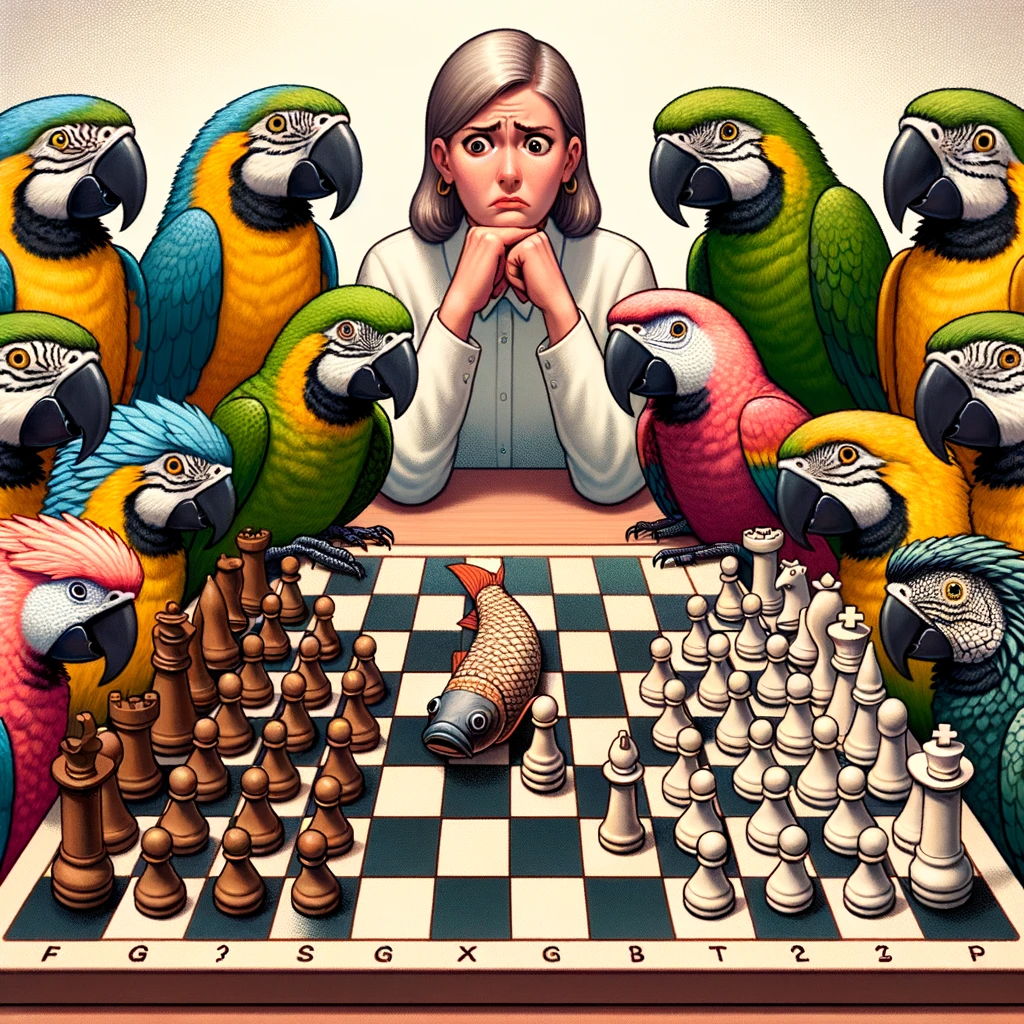La Parole aux Machines (Philosophie des grands modèles de langage) par Monsieur Phi
“La Parole aux Machines” est un livre d’utilité publique. L’ouvrage permet de comprendre l’intelligence artificielle générative et les grands modèles de langage (aka LLM) en amenant le lecteur vers des questionnements philosophiques (la compréhension, le fonctionnalisme, la conscience, l’alignement, l’autonomie, etc.) extrêmement importants pour la société actuelle et future. Monsieur Phi (aka Thibaut Giraud) a un talent rare : qui peut se targuer de maîtriser différents aspects techniques et philosophiques de l’IA générative et des LLMs, tout en étant extrêmement pédagogue ? T. Giraud réussit, à mon sens, la prouesse d’intéresser à la fois des personnes totalement ignorantes de l’IA générative, mais également des ingénieurs ou chercheurs du domaine. Nous avons urgemment besoin de philosophie (et d’expertise et de sciences informatiques) pour adresser les nombreuses questions que posent l’usage des IA génératives, et ce livre est au bon niveau de détails et d’abstraction, loin de la médiocrité des ignorants et fainéants qui pullulent dans l’espace médiatique. J’en dis un peu plus dans ce court article (pour une fois en français !), et j’espère que ce livre sera lu et discuté intensément par le plus grand nombre.


 The tldr; is that
The tldr; is that